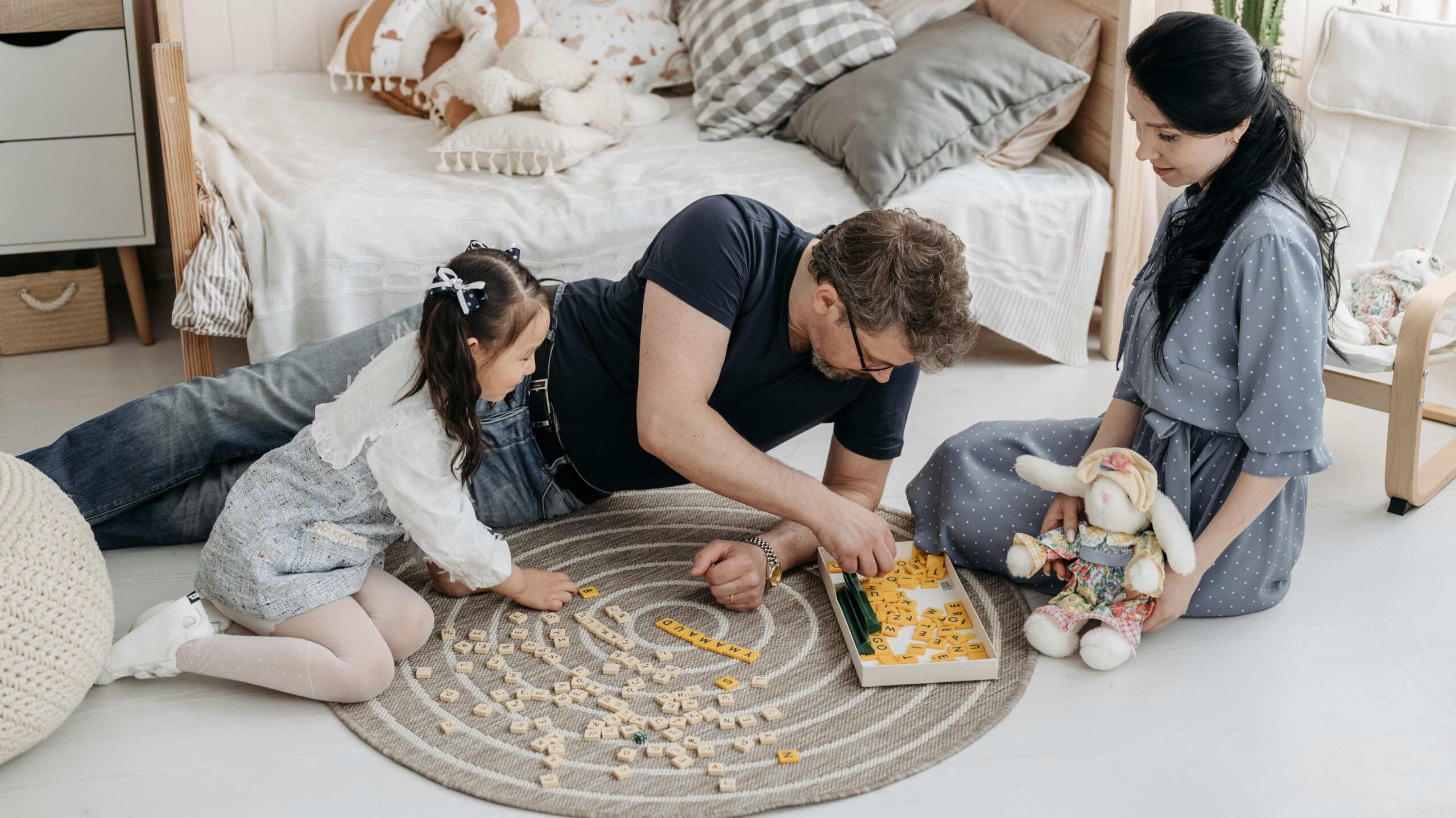There is something magical about a child’s early years. The way they absorb the world around them, the eagerness to learn, and their constant curiosity. These years are crucial because everything they experience shapes who they become as adults. The lessons they learn—whether at home, in the community, or in school—set the foundation for their future.
Why Early Education Matters

From the moment a child is born, their brain is constantly forming new connections. These early years are a period of rapid brain development, and what they learn during this time stays with them for life. By teaching children early, we give them the tools they need to think, problem-solve, and understand the world in ways that will empower them as they grow.
Think about how children learn to speak. We don’t wait for them to be teenagers to introduce them to words; we start right from the first day. Whether through songs, stories, or simple conversations, we help them understand the power of language. It’s the same for other skills—when we teach them early, we set them on a path to success.
Early education is not just about academics, though. It’s about building emotional intelligence and social skills. It’s about teaching them empathy, respect, and how to manage their feelings. These lessons may seem small, but they lay the groundwork for stronger relationships and healthier emotional lives.
The Long-term Benefits of Early Learning

The lessons children learn in their earliest years are more than just preparation for school. They are lessons for life. Studies show that children who experience early learning opportunities perform better in school, develop stronger problem-solving skills, and are more confident in their abilities. They tend to adapt more easily to new challenges and show greater resilience in the face of adversity.
Children who are exposed to various activities and learning opportunities at a young age also tend to have a greater sense of curiosity and love for learning. This can foster a mindset that will serve them well throughout their lives, whether they are tackling school assignments or navigating the challenges of adulthood.
The Role of Parents and Caregivers

While formal education is important, it’s not the only way children learn. Parents and caregivers play an equally significant role in shaping a child’s understanding of the world. The love and attention we give them, the experiences we share, and the values we instill make a big difference in their development.
Every moment is a learning opportunity. A simple walk in the park, a conversation about the day’s events, or a shared experience of reading together—all these activities can contribute to a child’s growth. The key is to be present and engaged, providing a safe and nurturing environment where curiosity is welcomed and questions are encouraged.
The Future Impact of Teaching Children Early

When we invest in teaching children early, we are not just preparing them for school; we are preparing them for life. Early lessons in language, empathy, problem-solving, and critical thinking give children the confidence to navigate the world around them. They will carry these skills with them into adulthood, applying them in school, work, relationships, and their overall approach to life.
The impact of early education extends far beyond childhood. A child who learns early on to think for themselves, to approach challenges with confidence, and to care for others is more likely to thrive as an adult. By teaching them early, we are laying the foundation for a brighter, more successful future for them—and for the world they will help shape.






